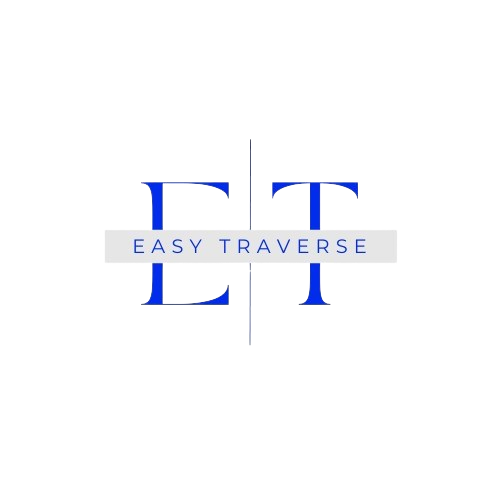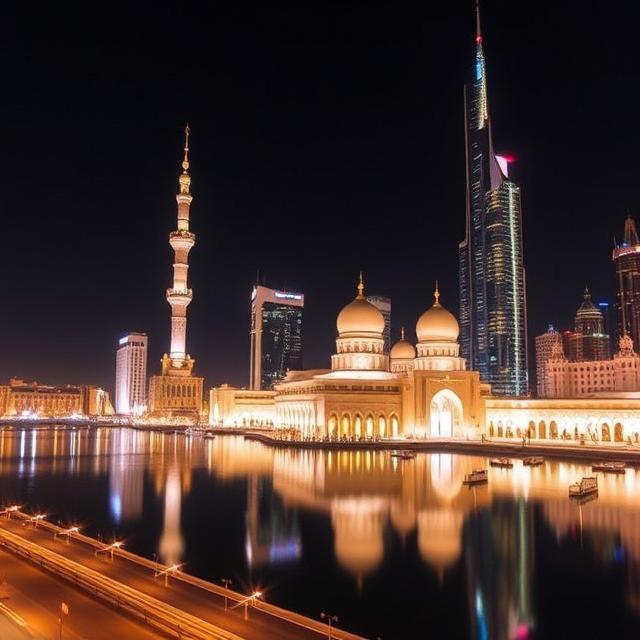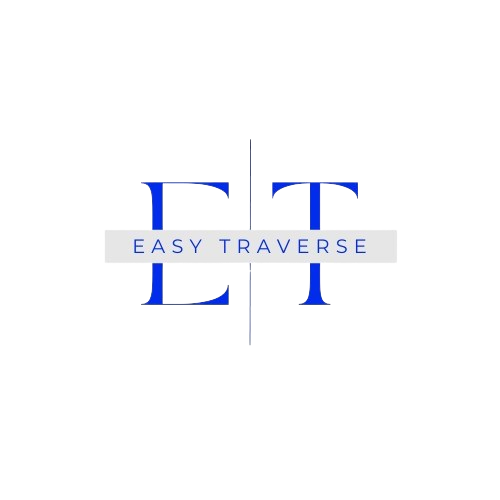The Middle East is a prime destination for skilled workers seeking employment opportunities with visa sponsorship. Countries like the United Arab Emirates (UAE), Saudi Arabia, Qatar, Kuwait, Oman, and Bahrain offer work visas for foreign professionals across various industries. Understanding the visa sponsorship process and job opportunities can help skilled workers successfully secure employment in the region.
What is Visa Sponsorship?
Visa sponsorship in the Middle East means that an employer covers the cost and legal requirements of a foreign worker’s employment visa, residency permit, and sometimes even accommodation and airfare. In most cases, workers cannot apply for a work visa independently—they must be sponsored by an employer.
Top Middle Eastern Countries Offering Visa Sponsorship
United Arab Emirates (UAE)
- Industries: Construction, healthcare, IT, hospitality, finance, teaching
- Common Work Visas:
- Employment Visa (sponsored by an employer)
- Golden Visa (for highly skilled professionals and investors)
- Sponsorship Process:
- Employer applies for a work permit through the Ministry of Human Resources & Emiratisation (MOHRE).
- Employee undergoes a medical test and gets an Emirates ID.
- Employer completes the residence visa stamping process.
Saudi Arabia
- Industries: Oil & gas, healthcare, IT, construction, education
- Common Work Visas:
- Iqama (Residence Permit) – issued for long-term employment
- Saudi Green Card – for highly skilled professionals
- Sponsorship Process:
- Employer obtains a work visa from the Saudi Ministry of Labor.
- Employee submits medical tests and signs a contract.
- Iqama is issued, allowing legal residence and work.
Qatar
- Industries: Engineering, hospitality, transportation, healthcare
- Common Work Visas:
- Work Residence Permit (RP) – issued to foreign employees
- Sponsorship Process:
- Employer applies for a visa through Qatar’s Ministry of Interior.
- Worker enters Qatar and undergoes medical screening.
- Residency permit is issued.
Kuwait
- Industries: Engineering, banking, healthcare, education
- Common Work Visas:
- Article 18 Work Visa – for private-sector employees
- Sponsorship Process:
- Employer secures a visa and submits a contract to the Public Authority for Manpower.
- Employee undergoes medical screening and gets residency status.
Oman
- Industries: Healthcare, construction, teaching, oil & gas
- Common Work Visas:
- Employment Visa – valid for two years and tied to employer sponsorship
- Sponsorship Process:
- Employer applies for a visa through Oman’s Ministry of Labor.
- Employee must pass a medical exam and receive a residence card.
Bahrain
- Industries: Financial services, hospitality, healthcare
- Common Work Visas:
- Work Visa & Residence Permit – issued to foreign professionals
- Sponsorship Process:
- Employer secures a visa through Bahrain’s Labour Market Regulatory Authority (LMRA).
- Employee undergoes health checks and receives a CPR (ID) card.
How to Secure a Job with Visa Sponsorship in the Middle East
Step 1: Search for Employers Offering Visa Sponsorship
- Use job portals like:
- LinkedIn (Search “visa sponsorship jobs in UAE, Saudi Arabia, etc.”)
- Bayt (Middle East job site)
- GulfTalent (Recruitment for professionals)
- NaukriGulf (Popular in UAE, Saudi Arabia, Qatar)
Step 2: Apply for Jobs & Prepare Your Resume
- Highlight your skills, certifications, and experience.
- Mention if you have previous GCC experience (if applicable).
Step 3: Attend Virtual or In-Person Interviews
- Many companies conduct interviews via Zoom or Skype.
- Prepare for common questions about your visa status and relocation plans.
Step 4: Employer Applies for Your Work Visa
- Once hired, your employer will submit a visa application on your behalf.
- They will cover the cost of the visa and sometimes flight and accommodation.
Step 5: Undergo Medical and Background Checks
- A medical test is mandatory before approval.
- You may also need police clearance from Nigeria.
Step 6: Travel to the Middle East & Begin Work
- Once the visa is approved, you can enter the country.
- Your employer will complete residency procedures, allowing you to work legally.
Benefits of Working in the Middle East with Visa Sponsorship
✅ Tax-Free Salaries – Most Middle Eastern countries do not impose income tax.
✅ Accommodation & Flights – Many employers offer free or subsidized housing and flight tickets.
✅ Career Growth – The region has a high demand for skilled workers, offering strong career prospects.
✅ Family Sponsorship – Some visas allow workers to sponsor their spouse and children.
Challenges & How to Overcome Them
Work Visa Restrictions – Some visas are tied to a specific employer, making job changes difficult.
Solution: Negotiate contract terms before signing.
Cultural Differences – The Middle East has strict laws on dress code, public behavior, and working hours.
Solution: Research cultural norms and follow local regulations.
Visa Processing Delays – Some applications take weeks or months to process.
Solution: Start the process early and have all required documents ready.





